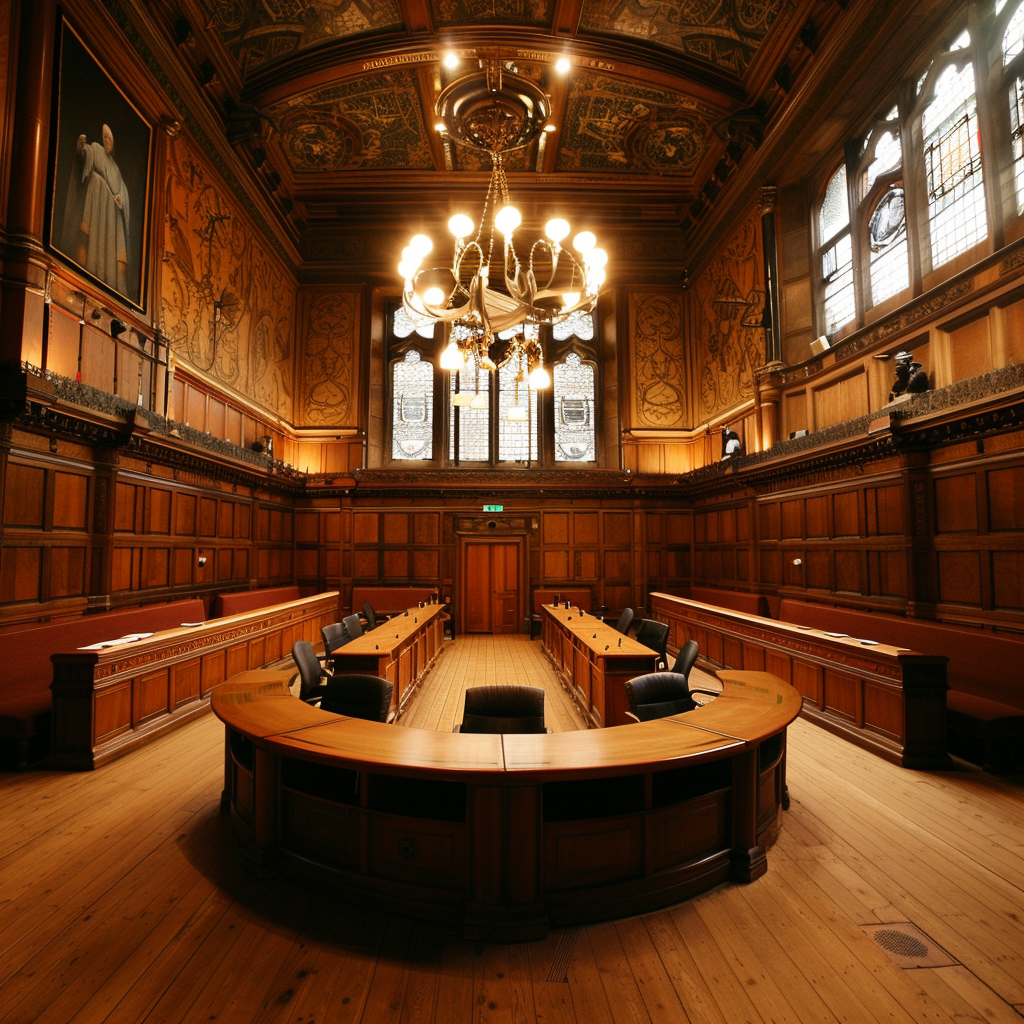
Juries Abolished
Ireland is set to overhaul its defamation laws with a significant reform: the abolition of juries in High Court libel cases. This change aims to address the issue of disproportionate awards in defamation suits, a concern long voiced by various stakeholders.
Key Reforms in the New Bill
The upcoming Defamation (Amendment) Bill 2024, slated for publication next week, includes several critical measures:
1. Protections Against SLAPPs: The bill introduces safeguards against strategic lawsuits against public participation (SLAPPs). These lawsuits, often used by wealthy individuals to stifle criticism, will face stricter scrutiny under the new law.
2. Combating Libel Tourism: Ireland has been known for its plaintiff-friendly defamation regime, making it an attractive venue for such cases. The bill aims to curtail this practice, aligning Ireland’s laws more closely with international standards.
3. Simplified Legal Processes: The removal of juries in libel cases is a response to concerns over excessive awards and the high costs associated with prolonged jury trials. Judges will now be solely responsible for adjudicating these cases.
Government Priorities and Timeline
The bill is prioritized in the Government’s autumn legislative programme, with an anticipated enactment before the end of the current government term in February. However, the possibility of an early election could delay or halt the bill’s progress.
Long-Awaited Reforms
The reform process has been slow. A review of the Defamation Act 2009, initially scheduled for 2014, only began in earnest in 2016, with a comprehensive report delivered in March 2022. The new bill incorporates many of the recommended changes, addressing long-standing issues in defamation law.
Impact on News Publishers and Legal Costs
News publishers have long advocated for the removal of juries, citing several cases where disproportionate awards were significantly reduced on appeal. For instance, a €10 million libel award against Kenmare Resources was slashed to €250,000 by the Court of Appeal. This change is expected to streamline legal proceedings and reduce associated costs.
Additional Provisions
The bill includes several other important provisions:
– Early SLAPP Declarations: Defendants can seek early declarations to identify SLAPPs, potentially reducing litigation costs and deterring frivolous lawsuits.
– Norwich Pharmacal Orders: Easier access to unmask anonymous social media accounts accused of defamation, with these orders now obtainable from the Circuit Court instead of the High Court.
– Defamation Defence for Broadcasters: New defences for live broadcasts, provided precautions are taken to avoid defamatory statements by contributors.
– Retail Defamation: A new defence for retailers facing a surge in defamation claims from customers accused of not paying for goods.
Conclusion
This comprehensive reform of Ireland’s defamation laws aims to balance the rights of individuals to protect their reputations with the need to safeguard freedom of expression. By abolishing juries in defamation cases, introducing protections against SLAPPs, and simplifying legal processes, the new bill represents a significant step forward in modernising Ireland’s approach to defamation.
Stay tuned for more updates as this bill progresses through the legislative process. For those in the legal profession, understanding these changes is crucial to navigating the evolving landscape of defamation law in Ireland.





